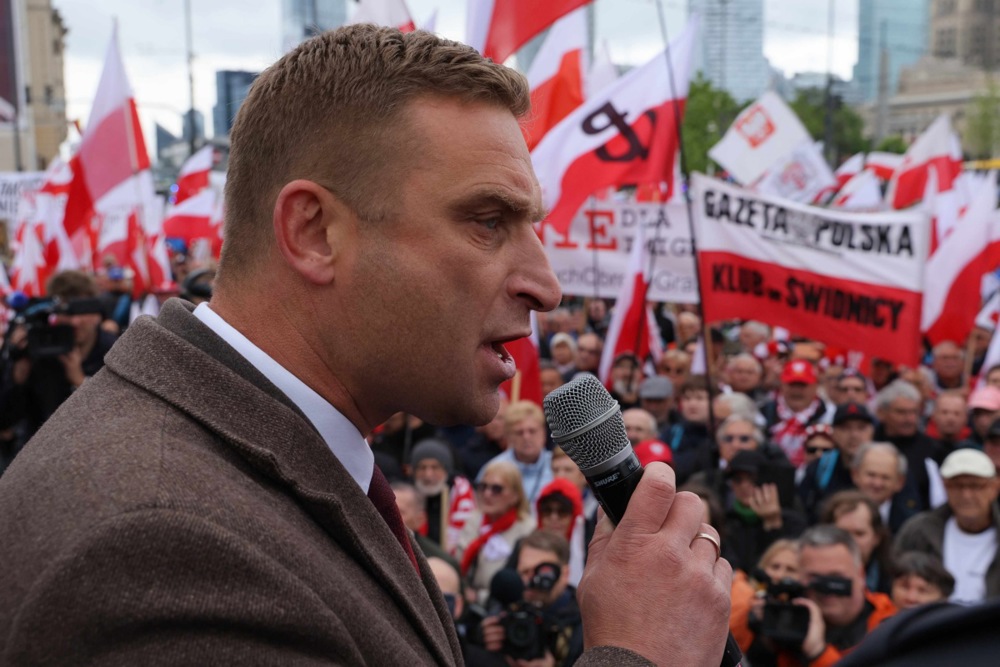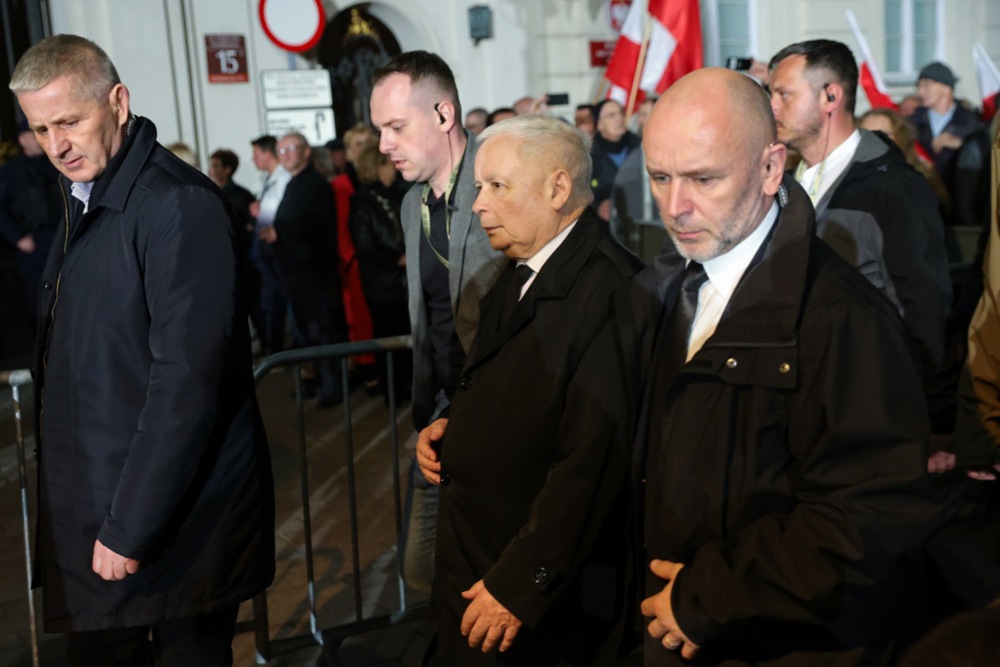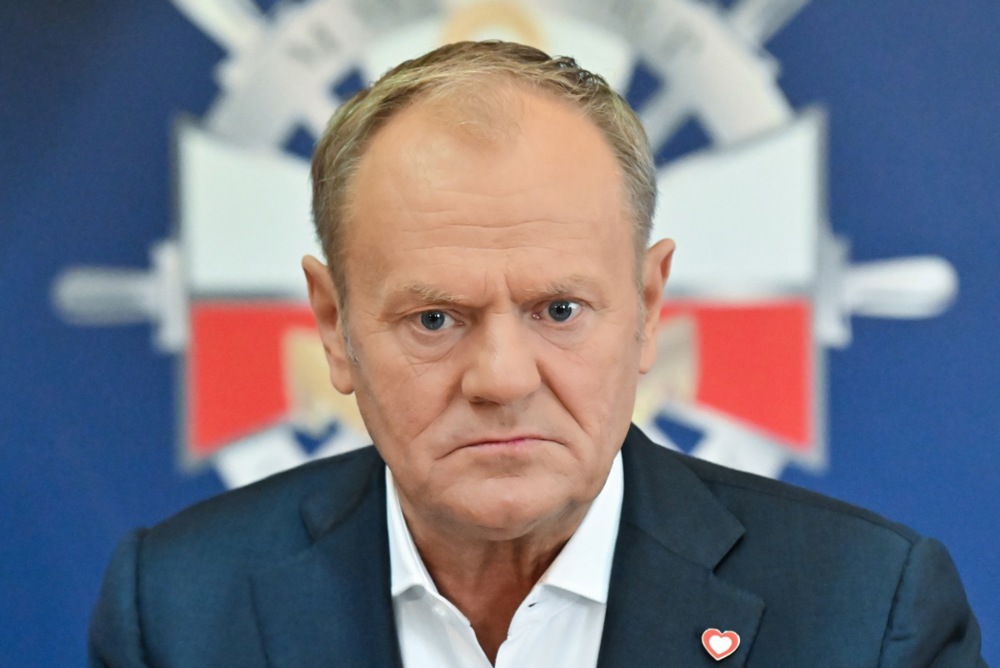Andrzej Duda, who this month left office after 10 years as Polish president, has thrown down the gauntlet to Jarosław Kaczyński, the 76-year-old founder and leader of the Conservatives (PiS) by saying that “generational change” was needed on the Polish Right and that the current leader was too old.
“Is it really right that people almost 80 years old should be deciding everything, including the fate of Poland? Well, I have serious doubts,” said Duda during an appearance on a podcast of August 16, where he was asked about the reasons for PiS losing power in 2023.
In remarks clearly targeted at Kaczyński, the 53-year-old Duda made it clear he thought it was time for the PiS leader to retire and give way to a new generation.
“Maybe someone no longer meets the demands of current reality,” he added. “Maybe generational changes are needed. Maybe someone is looking at the reality around us in too rigid a manner? Maybe they are constantly carrying too much baggage from the communist era?”
Kaczyński has been the dominant figure on the Polish Right since the turn of the century and has been active in Polish politics since 1989.
Asked if the PiS needed a new leader, Duda said it “needs a more modern outlook”, which young Poles could identify with. He pointed to the popularity of the right-wing Confederation party, which he noted was headed by younger leaders, Sławomir Mentzen, 38, and Krzysztof Bosak, 43.
Duda admitted that his relations with Kaczyński had deteriorated during the second term of his presidency and claimed that was because he wanted to remain independent of the PiS.
He seemed to draw a parallel between Kaczyński and the current Prime Minister and leader of the centre-left coalition government Donald Tusk when he said: “Both gentlemen cannot tolerate opposition. Both believe that only they know what is Poland needs and therefore that all their orders should be carried out.”
Duda was the PiS candidate in both the 2015 and 2020 presidential elections and was criticised by the then-Liberal opposition for being too accommodating to Kaczyński and the PiS.
In fact no Polish president has ever vetoed more legislation from their own political camp than Duda, who blocked laws relating to the judiciary, education reform and concentration of media ownership, change in the electoral system and local government.
After stepping down, Polish presidents have in the past departed active front-line politics. Duda though, whose personal popularity ratings were high throughout his term in office, has declared he will not retire and that he wished to remain active in Polish public life.
But his criticism of Kaczyński, just weeks after Kaczyński and his party managed to win a third presidential election in a row with the success of Karol Nawrocki, the candidate backed by the PiS leader himself, will not win him many friends in PiS. There has, though, been no sign that Duda was going to create a political party of his own.
Despite its victory in the presidential election, PiS poll ratings are still below the 35 per cent the party gained in the 2023 parliamentary election in which it lost power due to no other party wishing to form a coalition with it.
During the presidential election the victorious Nawrocki actually distanced himself from some of the actions of the party’s time in government to gain support in the second round from Confederation party voters and he is viewed as a potential future broker for a coalition between the two parties rather than Duda.
Kaczyński has recently said he wanted the PiS to aim for 40 per cent or more of the vote so that the party could govern on its own without the need for coalition with the Confederation party, which is currently averaging 15 per cent in the polls.
Duda’s remarks about Kaczyński and the PiS suggested the former president did not believe the party under its current leadership was in a good position to reach that level of support nor to form a coalition with Confederation.
In the unlikely event of Kaczyński retiring from the PiS leadership, most commentators said they felt that he would be more likely to be succeeded by former education minister Przemysław Czarnek or former defence minister Mariusz Błaszczak than by Duda.
Yet Duda could be a compromise candidate for prime minister should the PiS be forced to form a coalition with Confederation and/or the centre-right Polish People’s Party (PSL), because he is seen as being independent of Kaczyński.





